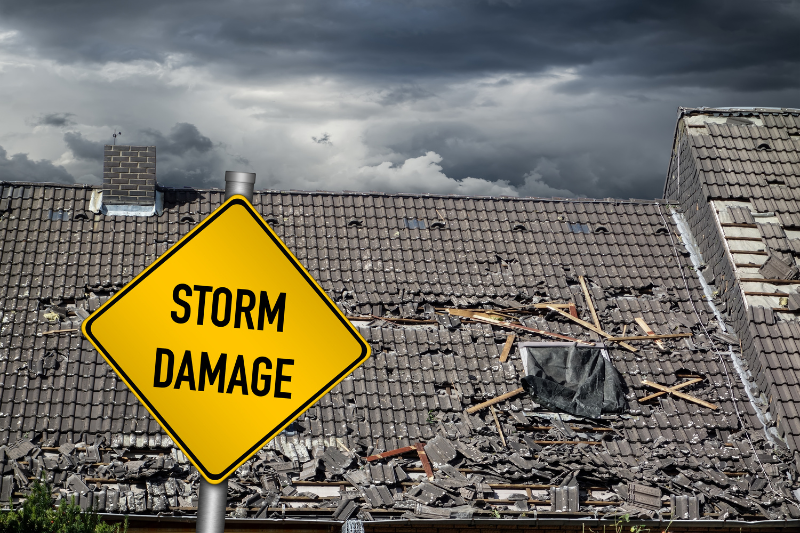In the aftermath of a storm, Houston residents can expect assistance from FEMA (Federal Emergency Management Agency) in several key ways. Here’s a detailed list of how FEMA typically provides support to those affected by natural disasters:
Disaster Survivor Assistance (DSA) Teams
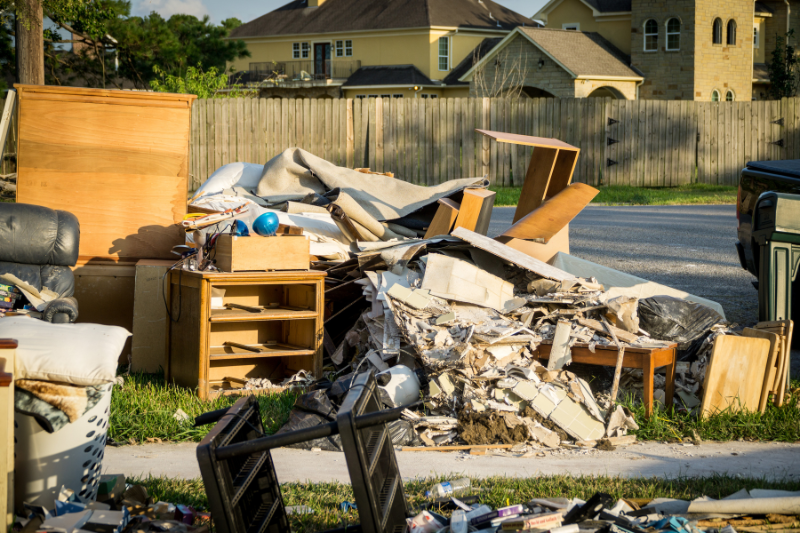
These teams are often deployed to the hardest-hit areas to help residents apply for assistance and provide information on available resources.
They may go door-to-door in affected neighborhoods, set up mobile registration centers, and assist with immediate needs assessments.
- Deployment to Affected Areas: DSA teams are often among the first responders to arrive in disaster-stricken areas, bringing vital resources and support directly to the community.
- Mobile Registration: These teams set up mobile units where residents can register for FEMA assistance and receive information about available aid.
- Door-to-Door Outreach: In heavily impacted neighborhoods, DSA teams may go door-to-door to ensure everyone has the opportunity to apply for help and understand their options.
- Immediate Needs Assessment: They assess the immediate needs of survivors, providing critical support such as food, water, and emergency supplies.
Temporary Shelter and Housing Assistance
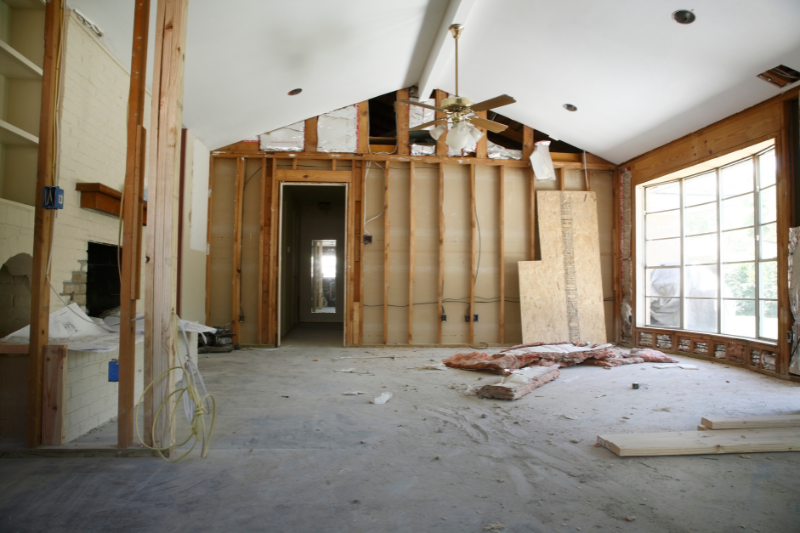
FEMA offers temporary housing assistance, which can include financial aid for rental properties, hotel stays, and transitional shelters.
This assistance ensures that displaced residents have a safe place to stay while their homes are being repaired or rebuilt.
- Financial Assistance: FEMA provides funds to cover temporary housing costs, such as renting an apartment or staying in a hotel.
- Transitional Shelters: FEMA may set up shelters for short-term housing, ensuring displaced individuals and families have a safe place to stay.
- Long-term Housing Solutions: For those unable to return home quickly, FEMA offers solutions like manufactured housing units and rental assistance.
Individual and Households Program (IHP)

This program provides financial help or direct services to those who have necessary expenses and serious needs if they are unable to meet these needs through other means.
Assistance can include housing repair, replacement, and housing construction to restore a home to a safe and sanitary condition.
- Home Repair Grants: Financial assistance to make essential repairs to make homes safe and livable.
- Replacement Assistance: Funding to replace a destroyed home in certain circumstances.
- Housing Construction: In rare cases, FEMA may provide direct assistance for the construction of a new home.
- Other Needs Assistance (ONA): Covers necessary expenses such as medical, dental, transportation, and funeral costs not covered by insurance or other aid.
Public Assistance Program

FEMA’s Public Assistance Program aids communities by providing federal funding for local governments and certain private nonprofit organizations to assist in the response and recovery efforts.
This can include debris removal, emergency protective measures, and the restoration of public infrastructure.
- Debris Removal: Funding to clear debris from public spaces and roadways to ensure safe access.
- Emergency Protective Measures: Assistance for actions taken to protect lives and property, such as sandbagging and temporary repairs.
- Infrastructure Repair and Restoration: Grants to repair or replace public infrastructure like roads, bridges, public buildings, and utilities.
- Nonprofit Assistance: Support for certain private nonprofits engaged in providing essential services to the public.
Crisis Counseling Assistance
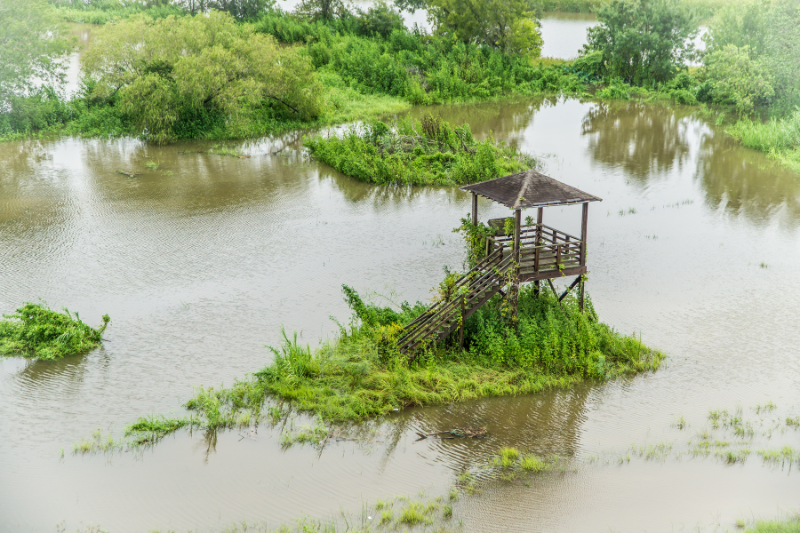
For those experiencing emotional distress due to the disaster, FEMA provides crisis counseling services.
These services are designed to help individuals and communities recover and rebuild after a traumatic event, offering short-term interventions that focus on coping strategies and emotional support.
- Emotional Support Services: Short-term counseling to help disaster survivors manage stress and emotional impact.
- Community Outreach: Programs to educate the public on coping strategies and where to find help.
- Specialized Programs: Tailored services for children, the elderly, and other vulnerable populations to address specific emotional needs.
Disaster Unemployment Assistance (DUA)

Residents who have lost their jobs or are unable to work because of the disaster may be eligible for DUA.
This program provides financial assistance to individuals whose employment or self-employment has been lost or interrupted as a direct result of a major disaster.
- Eligibility: Available to individuals who are unemployed as a direct result of the disaster and do not qualify for regular unemployment insurance.
- Application Process: Easy-to-follow application process to receive financial assistance.
- Duration of Benefits: Provides temporary income to help cover living expenses until regular employment is resumed.
Small Business Administration (SBA) Disaster Loans
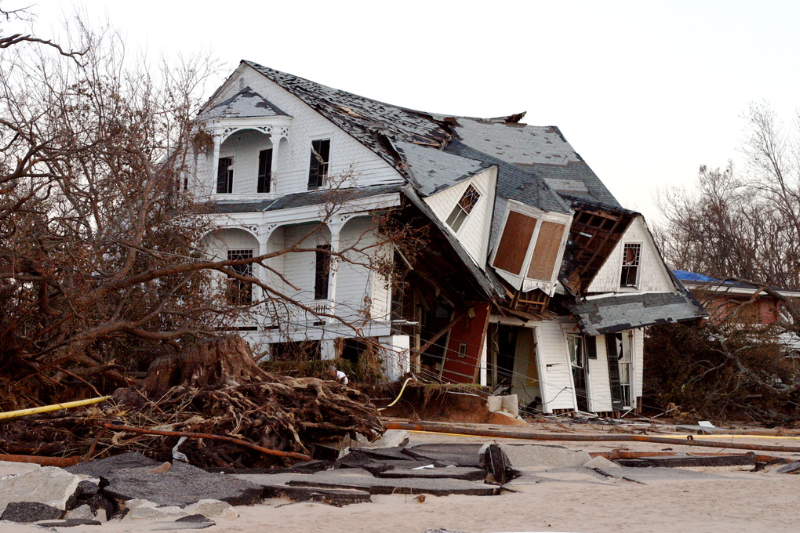
FEMA partners with the SBA to offer low-interest disaster loans to homeowners, renters, and businesses of all sizes.
These loans can cover losses not fully compensated by insurance or other means, helping to repair or replace damaged property.
- Home and Personal Property Loans: Low-interest loans to homeowners and renters to repair or replace disaster-damaged real estate and personal property.
- Business Physical Disaster Loans: Loans to businesses to repair or replace damaged property, including real estate, inventory, and equipment.
- Economic Injury Disaster Loans (EIDL): Assistance for small businesses suffering substantial economic injury as a result of the disaster.
National Flood Insurance Program (NFIP) Claims

For those with flood insurance policies under the NFIP, FEMA helps facilitate the claims process.
This includes providing information on how to file a claim, what documentation is needed, and guidance through the process to ensure timely payment for flood damages.
- Filing Claims: Guidance on how to file a flood insurance claim, including documentation and evidence requirements.
- Claim Adjustments: Assistance with the adjustment process to ensure fair and timely settlements.
- Increased Cost of Compliance (ICC): Coverage to help cover the cost of bringing structures up to current building codes.
Hazard Mitigation Assistance (HMA)
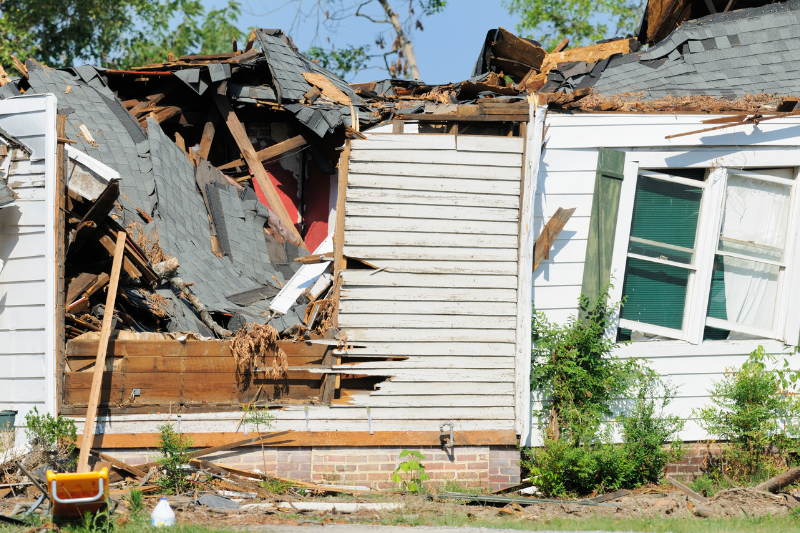
To help communities rebuild stronger and more resilient, FEMA offers HMA grants.
These grants support projects that reduce the risk of future disasters, such as elevating homes, floodproofing, and other infrastructure improvements to prevent or minimize damage.
- Mitigation Grants: Grants for projects designed to reduce future risk, such as elevating homes, improving drainage systems, and reinforcing structures.
- Community Planning: Support for local governments to develop and implement hazard mitigation plans.
- Technical Assistance: Expertise and resources to help communities design effective mitigation projects.
Community Education and Outreach

FEMA conducts community education and outreach to inform residents about available assistance programs, how to apply for aid, and ways to prepare for future disasters.
This can include workshops, informational materials, and partnerships with local organizations to spread awareness.
By leveraging these various forms of assistance, FEMA helps Houston residents recover more quickly and build resilience against future storms.
- Workshops and Training: Educational workshops to inform residents about disaster preparedness, response, and recovery.
- Informational Materials: Brochures, flyers, and online resources that provide detailed information on how to access FEMA assistance.
- Partnerships: Collaborations with local organizations, schools, and businesses to spread awareness and ensure comprehensive community engagement.
